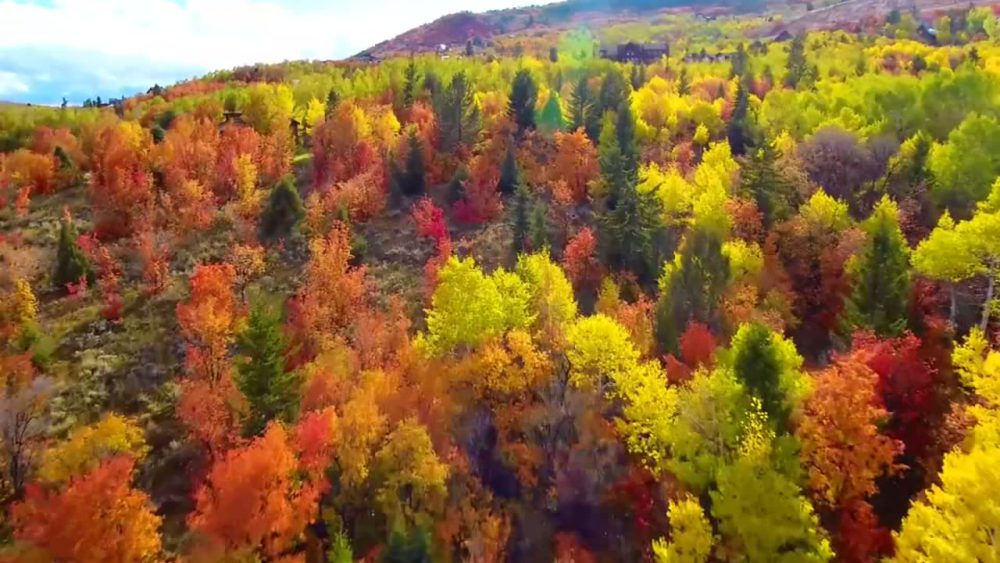Introduction to Raleigh’s Climate
Raleigh, North Carolina, nestled in the heart of the state’s Piedmont region, experiences a diverse climate characterized by four distinct seasons. From sweltering summers to brisk winters, Raleigh’s weather is influenced by its geographic location, topography, and proximity to the Atlantic Ocean and Appalachian Mountains.
The Dynamic Summers
Summer in Raleigh brings long, hot days with average temperatures hovering around the high 80s to low 90s Fahrenheit. Humidity levels often soar, creating muggy conditions. Thunderstorms are frequent during the summer months, providing relief from the heat but also bringing the risk of heavy rainfall and occasional severe weather.
The Tranquil Autumns
As summer transitions into autumn, Raleigh experiences milder temperatures and lower humidity levels. Days become pleasantly warm, with average highs in the 70s and 80s Fahrenheit, while nights gradually cool down. Fall foliage paints the city in hues of red, orange, and gold, creating picturesque landscapes across the region.

image source: https://images.app.goo.gl/F6ZL6yJpSQJVUY3D6
The Chilly Winters
Winters in Raleigh are relatively mild compared to northern regions but still bring chilly temperatures and occasional snowfall. Average highs range from the 40s to 50s Fahrenheit, with nighttime lows often dipping below freezing. While snow accumulations are typically modest, winter storms can occasionally blanket the area in a picturesque white coat.
The Blossoming Springs
As winter fades away, Raleigh welcomes the arrival of spring with blooming flowers and rejuvenated landscapes. Temperatures begin to warm up, with average highs climbing into the 60s and 70s Fahrenheit. Springtime also marks the peak of the region’s pollen season, triggering allergies for some residents but also heralding the beauty of nature’s renewal.

image source: https://images.app.goo.gl/2vrW9WvHMKvXbFXC8
Weather Variability and Extremes
Despite its overall temperate climate, Raleigh is not immune to weather extremes. Occasional heatwaves during summer can push temperatures into the triple digits, while winter cold snaps can send mercury plummeting below freezing. Severe weather events such as hurricanes and tornadoes pose occasional threats, highlighting the need for preparedness and resilience.
Weather Forecasting and Preparedness
Accurate weather forecasting is crucial for residents and businesses in Raleigh to plan activities and mitigate risks associated with adverse weather conditions. The National Weather Service’s Raleigh office provides reliable forecasts, watches, and warnings tailored to the region’s specific needs. Additionally, online platforms like Weather Underground offer real-time updates and interactive tools to help users stay informed and prepared.
The weather in Raleigh, NC, is as diverse and dynamic as the city itself, with each season bringing its own unique charm and challenges. From the scorching heat of summer to the crisp chill of winter, residents and visitors alike can experience a wide range of weather phenomena throughout the year. By staying informed, prepared, and resilient, Raleigh continues to weather the storms and bask in the beauty of its ever-changing climate.
Local Roofing Company Winston-Salem NC
